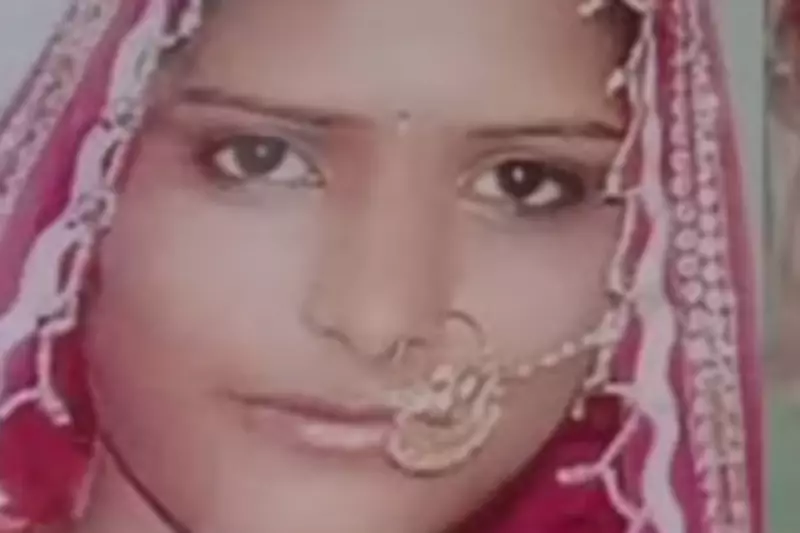
A court in the Indian city of Udaipur has delivered a death sentence in a murder case that has exposed the deep-seated issue of colourism within the country. The conviction stems from a brutal killing that was allegedly triggered by a comment about the perpetrator's dark skin tone.
The case, which has sent shockwaves across India, involved a tailor who was murdered in his shop. The prosecution successfully argued that the fatal attack was a direct response to a remark the victim had made about the assailant's complexion.
This extreme sentence highlights the severe tensions that can surround skin colour and caste in parts of Indian society. The judgement has ignited a fierce national debate, polarising public opinion on several critical fronts.
A Nation Divided
Reactions to the court's decision have been sharply divided. Many citizens and activists have expressed horror that a comment on appearance could lead to a capital punishment verdict, questioning the proportionality of the sentence.
Conversely, others have supported the ruling, viewing it as a necessary and strong stand against an intolerable crime. This division reflects the complex social fabric of India, where ancient prejudices often collide with modern legal frameworks.
The Global Context of Colourism
This incident in Rajasthan throws a harsh spotlight on the global problem of colourism—prejudice or discrimination against individuals with a dark skin tone, typically among people of the same ethnic group. The case serves as a grim reminder of how deeply these biases are entrenched and the devastating real-world consequences they can produce.
The court's landmark decision is likely to be appealed, ensuring that this tragic case will continue to be at the centre of national discussions about justice, prejudice, and the value of a human life for some time to come.





